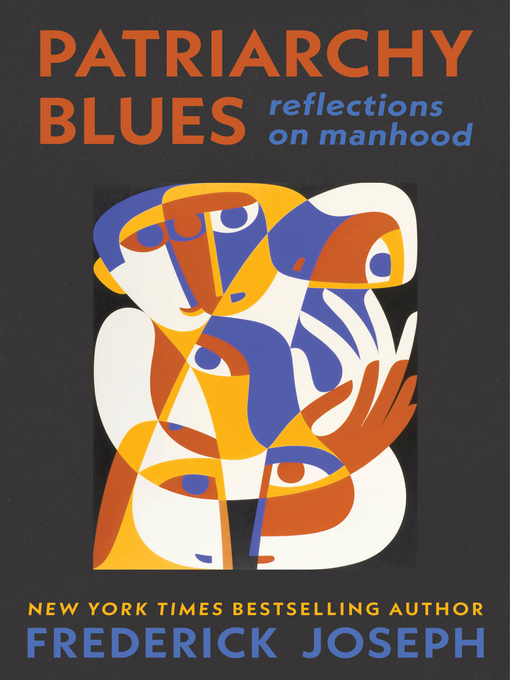NEW YORK TIMES BESTSELLER
"[A] scorching treatise on toxic masculinity. Joseph's critiques of "the patriarchy... both overt and ingrained" are razor-sharp, but it's the clear-eyed reckoning of his own place within it that tethers the soul of his book." —Publishers Weekly
"Joseph has learned a great deal from bell hooks here, and I think she would be proud because Patriarchy Blues is such a moving, inspiring, rigorous vision for living." —Robert Jones, Jr., New York Times bestselling author of The Prophets
In this personal and poignant collection, the author of the New York Times bestseller The Black Friend examines the culture of masculinity through the lens of a Black man.
What does it mean to be a man today? How does the pervasive yet elusive idea of "toxic masculinity" actually reflect men's experiences—particularly those of color—and how they navigate the world?
In this thought-provoking collection of essays, poems, and short reflections, Frederick Joseph contemplates these questions and more as he explores issues of masculinity and patriarchy from both a personal and cultural standpoint. From fatherhood, and "manning up" to abuse and therapy, he fearlessly and thoughtfully tackles the complex realities of men's lives today and their significance for society, lending his insights as a Black man.
Written in Joseph's unique voice, with an intelligence and raw honesty that demonstrates both his vulnerability and compassion, Patriarchy Blues forces us to consider the joys, pains, and destructive nature of manhood and the stereotypes it engenders.


